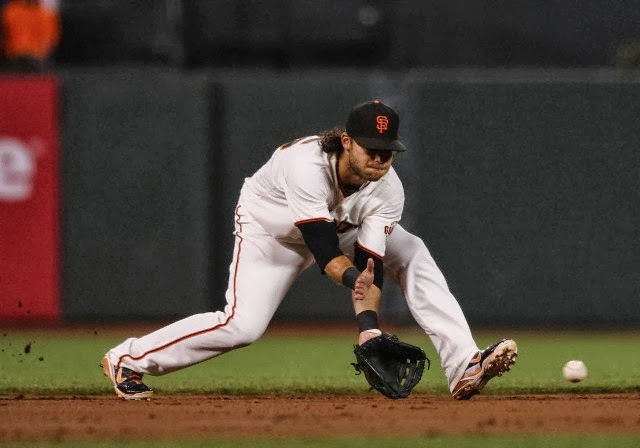After
concluding an exciting and rewarding 2013 baseball season, the Redwood City
Cardinals are holding tryouts for the 2014 summer tournament season - 9U/10U. We are looking for skilled, committed players to round
out our 2014 roster. The Cardinals
Baseball Club is dedicated to giving local players a more competitive level of
baseball.
TRYOUT INFORMATION
Dates & Time:
Saturday, December 7 and 14, 2014, 2:00pm
– 4:00pm
Location of Tryout:
Canada College Baseball Field, 4200 Farm Hill Blvd., Redwood City
Registration : Pre-register by sending the following information to cardinalsRC@gmail.com
:
- Name / Current age / Date of birth
- Favorite position(s) to play
- Years played
Players making a roster will have the opportunity to attend winter workouts prior to spring/ summer seasons.
*** All candidates must not turn 11 years
old before May 1st, 2014 ***
On-site registration & check-in begins 15 minutes prior to tryout
time. If you cannot make this tryout, private tryouts will be by request only. Players will need to bring baseball gloves, bats, helmets, and
cleats.
For
questions, contact: Ed Gory, at (650) 743-7645, or cardinalsRC@gmail.com
Cardinals Baseball Mission
Our mission is to develop
a team that focuses on mastering the fundamentals, good sportsmanship,
improving each player’s overall baseball IQ, and having fun. This team is ALL
about the boys and their love of the great game of baseball. We expect honest,
dedicated, respectful and hardworking players, whose desire to get better
equals their love for the game.






